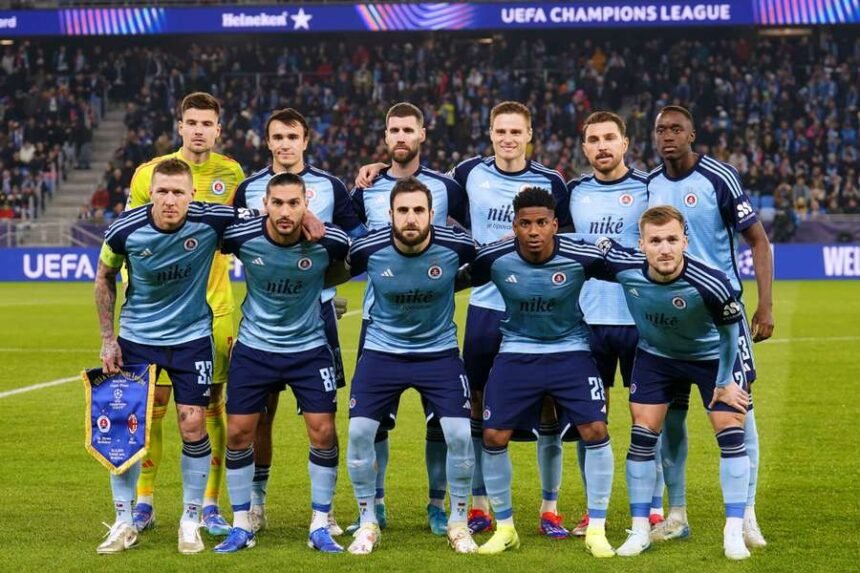While Europe’s elite leagues often steal the spotlight, several smaller nations have carved out identities with bold and unconventional domestic formats. In this second installment exploring Europe’s most intriguing league systems, we shift focus to Moldova, Slovakia, and Albania—three countries where creative competition structures provide twists, turns, and drama far beyond the ordinary.
Moldova: A Labyrinth of Playoffs and Promotion Battles
Moldova’s Super Liga has become synonymous with complexity. Now in its fourth year under the current format, the league introduced a new wrinkle this season. Instead of each of the eight clubs playing one another home and away before a split, they now face off three times, ensuring at least one home and one away match per fixture.
After 21 regular-season matches, the top six teams advance to a playoff round, where they meet twice more. Here’s the twist: clubs carry over half the points they earned against fellow playoff teams in the first phase—rounded down.
This shift was prompted by controversy last season. Despite going unbeaten across both stages, record champions Sheriff Tiraspol missed out on the title due to the prior point reset rule. Milsami Orhei took advantage of the format to claim the championship, although Sheriff salvaged their season by winning the national cup.
The relegation system is even more convoluted. Moldova is the only UEFA member where top-tier and second-tier clubs merge into one playoff group. The bottom two teams from the Super Liga join four second-division sides, playing home and away. The group winner earns promotion, while the other five enter yet another playoff against clubs battling relegation from the second tier—turning the league pyramid into a tangled web of 14 clubs vying for limited spots.
Slovakia: A Split League with a European Twist
Slovakia’s top division, the Nike Liga, follows a relatively familiar model with a notable catch. After 22 regular-season games (home and away among 12 teams), the league splits: the top six teams fight for the title and European places, and the bottom six compete to avoid relegation. All points from the first phase carry over.
So far, so standard. But here’s Slovakia’s twist: a European play-in mini-tournament only occurs if the national cup winner finishes in the top three—freeing up a UEFA Europa Conference League spot. In such a scenario, the bottom three teams from the championship round join the winner of the relegation group in a four-team knockout bracket. Matches are hosted by the higher-ranked club.
This conditional play-in makes Slovakia one of just two UEFA nations with a potential (not guaranteed) playoff for a European spot—the other being Malta.
It led to a bizarre scenario last season. Spartak Trnava, already assured of third place and winners of the cup, beat Podbrezova in the final round. That result triggered the mini-tournament. Podbrezova, DAC Dunajska Streda, Kosice, and Zemplin Michalovce all entered, with DAC ultimately triumphing. However, a multi-club ownership conflict prevented DAC from competing in Europe, rendering their victory moot.
Albania: American-Style Playoffs Arrive in the Balkans
Albania took a bold step ahead of the 2023–24 season, importing a knockout playoff system inspired by North American sports leagues. With just 10 teams in the Kategoria Superiore, each side traditionally plays the others four times—twice home, twice away.
While that structure remains, a new post-season element brings fresh excitement. The top four teams now enter a seeded, single-elimination playoff to determine the league champion and distribute European places. A draw decides the semifinal matchups, and all three games—the semis, third-place match, and final—are hosted at the national stadium.
This makes Albania the only European top-flight league (aside from Malta, in rare cases) to use a pure knockout playoff to crown its champion.
The change has added intensity to an already tight league. Since 2022, no club has run away with the title, and the playoff system ensures the race remains open until the final whistle. The added drama brings a fresh dynamic to a league often overshadowed in European discourse.











